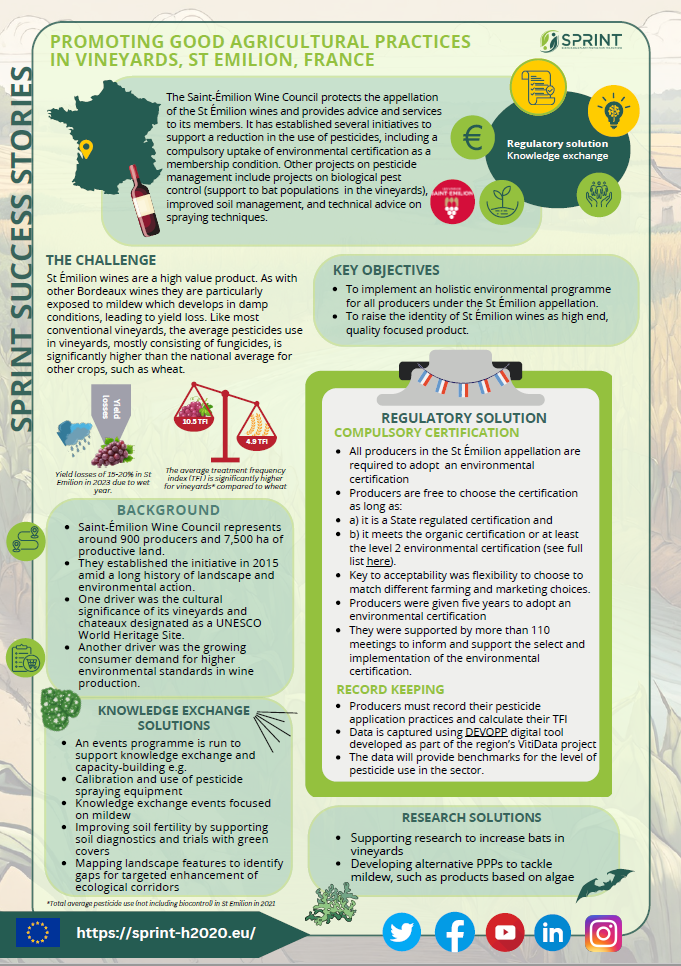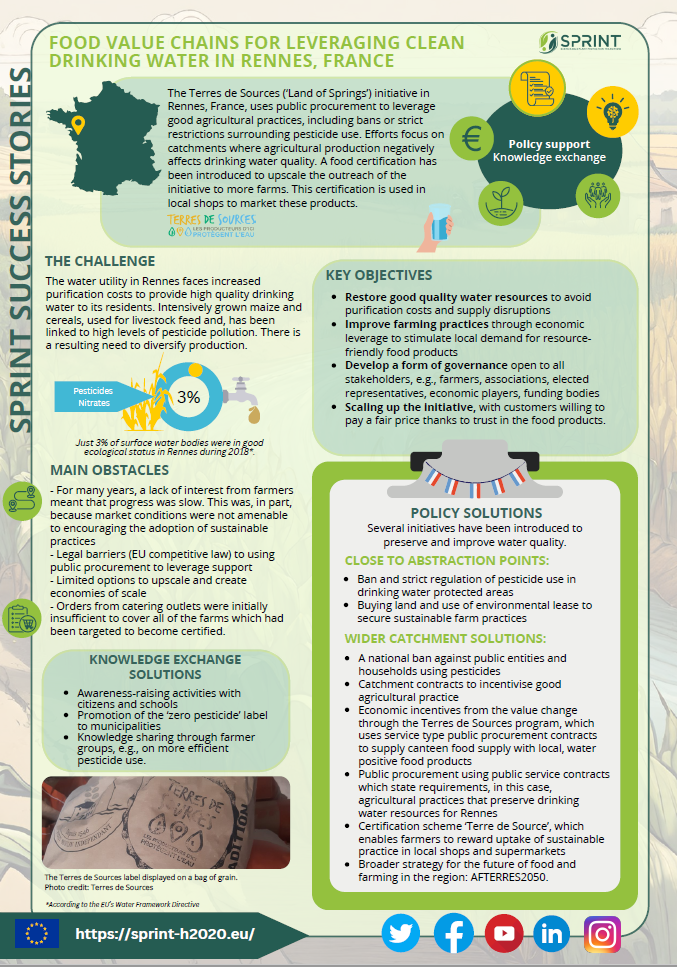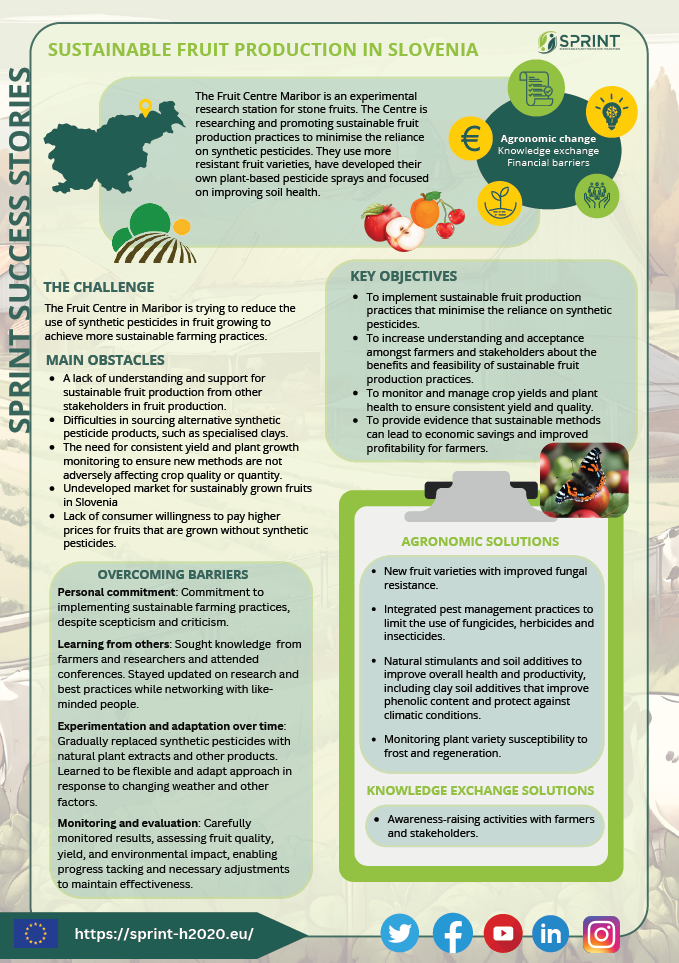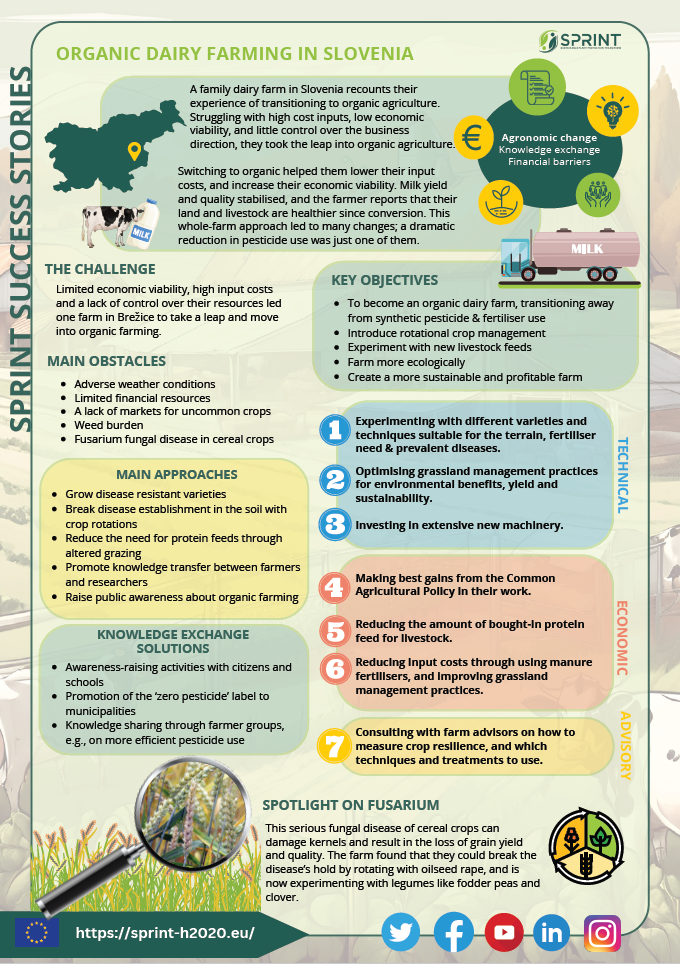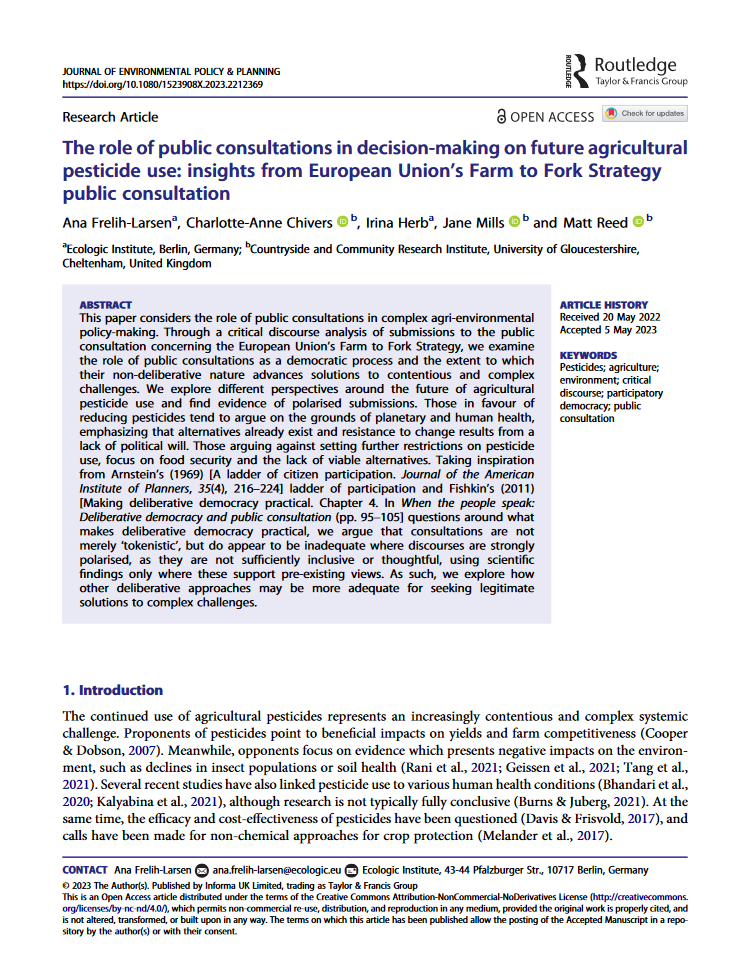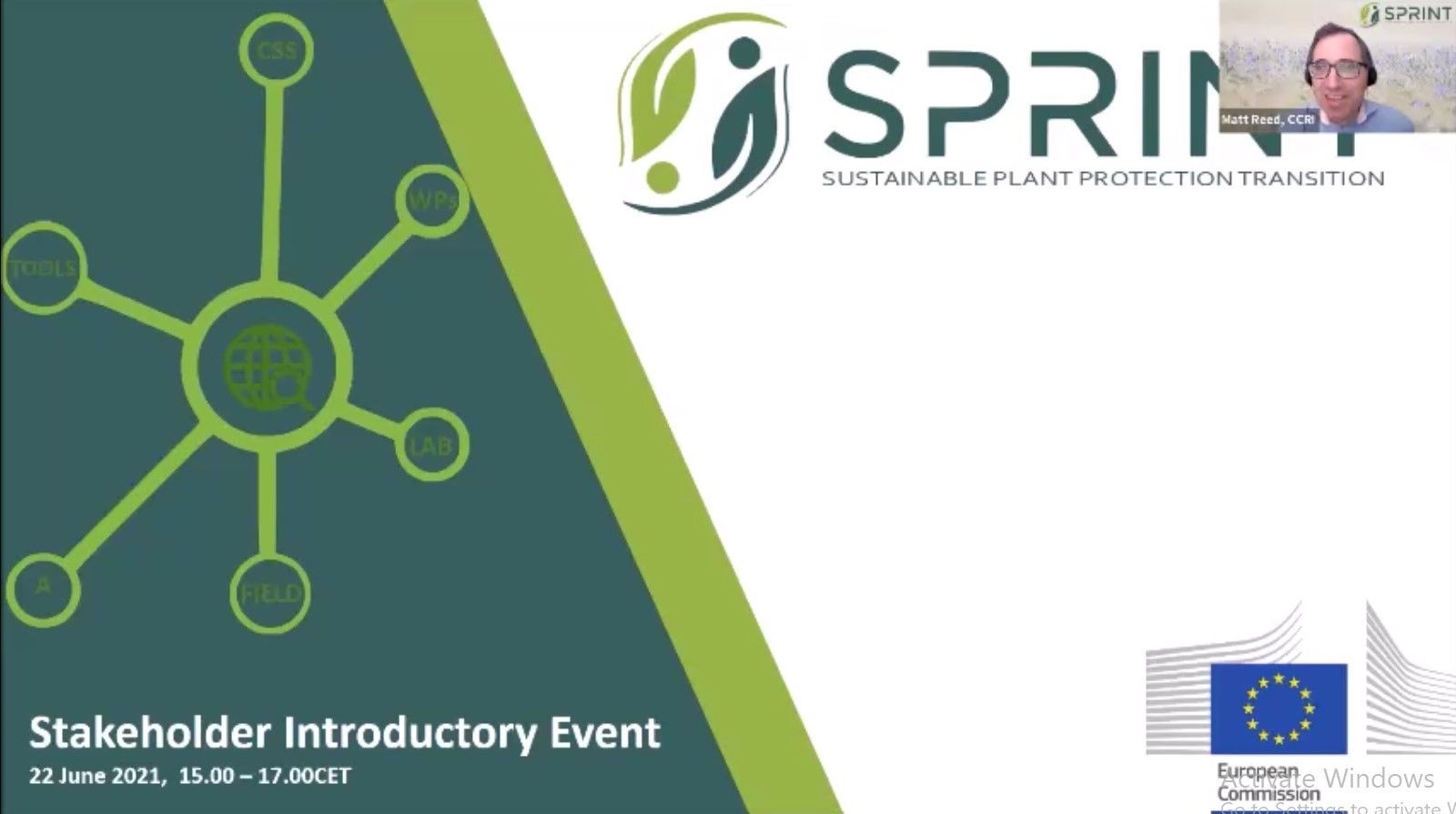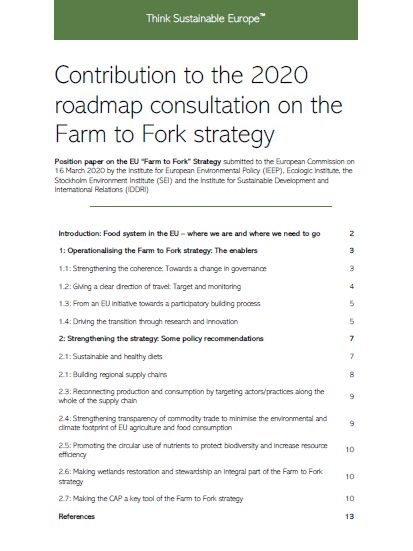Accelerating Transition towards Sustainable Plant Protection
Introducing the SPRINT Project
- News
- Date
-
The use of pesticides represents a risk to human and environmental health, with recent research findings suggesting an association of exposure with increased risk of health problems, including Parkinson's disease, reproductive and developmental issues and cancer, whilst affecting the health of soil, water, and biodiversity.
The newly launched SPRINT project (Sustainable Plant Protection Transition: A Global Health Approach), consists of a consortium of research institutes from 11 European countries alongside colleagues in Argentina and the UN’s Food and Agriculture Organisation (FAO). SPRINT will develop a Global Health Risk Assessment Toolbox to evaluate the impact of pesticides on human health and the adverse effects on plants, animals and ecosystems.
SPRINT will pool the knowledge and data from across Europe to find ways to improve the sustainable use of pesticides. Working with farmers and policymakers, researchers will find ways to support a transition to more sustainable plant protection.
Professor Violette Geissen of Wageningen University, who leads the SPRINT consortium said:
"I am excited to be starting this project, which will answer many questions of vital importance to European citizens. We have brought together scientists who have long-standing expertise to share on this topic. I am confident that we can support regulators and policymakers to make well-informed decisions to introduce more sustainable solutions to agricultural practices.
It is not an easy time to start a new project, but current issues with the use of pesticides means we cannot delay. Together we are looking forward to making a meaningful contribution to the EU's Farm to Fork and Biodiversity strategies."(2)
Notes:
Follow us on twitter: @SPRINTH2020 #SPRINTEU
Visit our website: Sprint-H2020.eu
Press contacts: Jane Mills +44 1242714037 or Matt Reed +44 7813201807
(1) As part of the Horizon 2020 programme
(2) The European Commission launched the Farm to Fork and Biodiversity Strategies on 20 May 2020.
The Farm to Fork Strategy sets a target to reduce the use of pesticides by 50% and more hazardous pesticides by 50% by 2030. The strategy sets, for the first time, targets to reduce the use of pesticides at the EU level. No pesticides are to be allowed in sensitive areas such as EU urban green areas, helping to reverse the decline of pollinators. Further by 2030, at least 25% of agricultural land in the EU will be under organic farming management.




